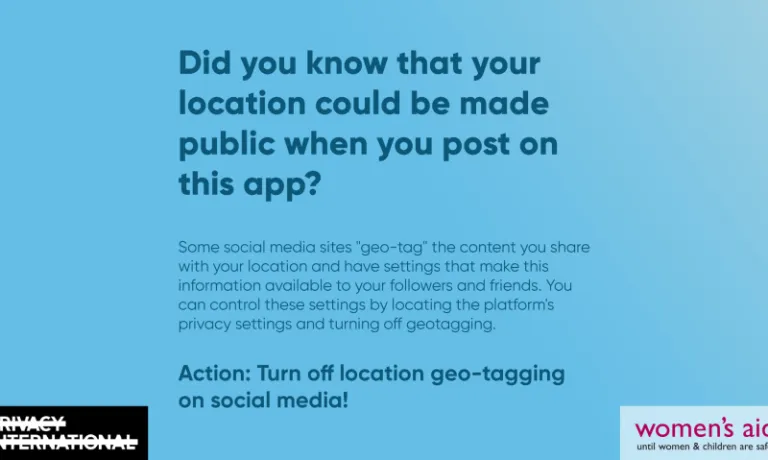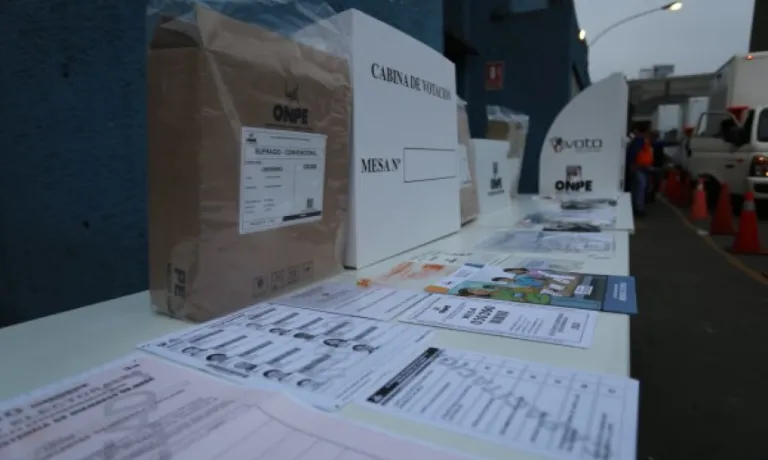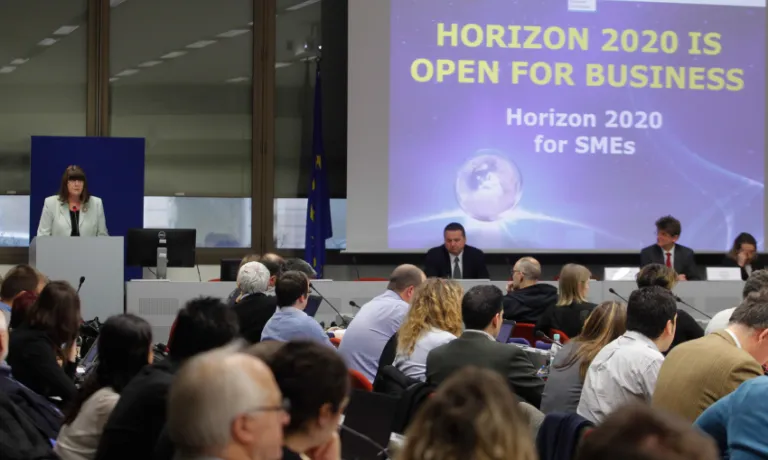
Long Reads

Facebook "Download Your Information" feature only gives you part of the picture. Information about advertisers uploading lists with your personal information is limited in time and prevents users from exercising their rights

CIS, PI's partner in India, posits health monitoring as surveillance and not merely as a “data problem.”

PI calls on UN Committee to look into the nature of Heartbeat International’s activities in countries it will review.

Valentine’s Day is traditionally a day to celebrate relationships, but many relationships that begin romantically can quickly become controlling, with partners reading emails, checking texts and locations of social media posts. This can be just the beginning.
Today, Friday 14th February, Privacy International and Women’s Aid are launching a series of digital social media cards giving women practical information on how to help stay safe digitally from control and abuse.

The 2020 congressional elections in Peru were different in many ways. For the first time, rules that prohibit parties and candidates from advertising on radio and television through paid ads have been applied.

Where, when, and what you watch is becoming very interesting to political actors and the marketing companies they work with.

A look at attempts to dismantle smuggling networks in the Sahara, powered by Europe's gifts of surveillance.

Spotlight on PI's Reproductive Rights and Privacy Project!

The EU gives millions to surveillance companies, universities, and government agencies to develop cutting-edge surveillance technologies.

When government searches shift from the phone to the cloud: cloud extraction technology and ‘the future of mobile forensics’